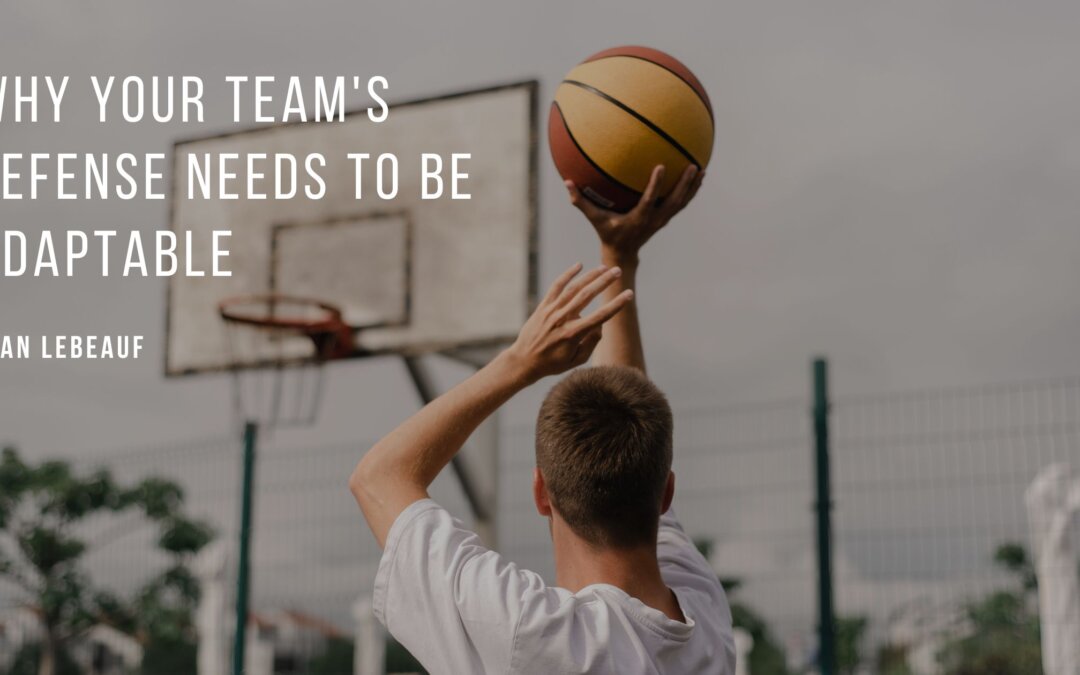In basketball, a wise adage often uttered is: “Offense sells tickets, but defense wins championships.” The intricacies of a potent defensive strategy extend far beyond merely preventing the opposition from scoring. At the heart of a great defense lies its adaptability. An adaptable defense can morph, evolve, and adjust in response to the ever-changing dynamics on the court. In today’s fast-paced basketball environment, where teams constantly innovate, and players continue diversifying their skill sets, it’s no longer sufficient to stick with a one-size-fits-all defensive approach.
Countering Varied Offensive Styles
Every team comes with its unique offensive playbook. Some prioritize swift ball movement, others lean heavily on isolation plays, and some emphasize inside scoring. An adaptable defense allows your team to shift strategies depending on the opponent’s strengths. For instance, your security can prioritize trapping or hedging against a team that thrives on pick-and-roll actions. Conversely, against a team with dominant post players, you might double-team down low or employ a zone defense. An inflexible defense will struggle, trying to use the same tactics against diverse offenses, leading to accessible scoring opportunities for the opposition.
Adjusting to Player Matchups
In basketball, individual matchups play a crucial role. Sometimes, it’s not about countering the entire team but neutralizing one or two key players. Your regular defensive formation effectively handles most challenges, but a particular team has a player who consistently exploits a mismatch. Adaptable defenses can quickly recognize this and make the necessary switches or allocate more defensive resources to handle such a player. Whether by employing a taller defender, double-teaming, or forcing that player to their weaker side, the ability to dynamically adjust can be the difference between winning and losing.
Handling In-Game Situations
Basketball games are replete with evolving situations. A player might get into early foul trouble, an unexpected player might have a breakout performance, or your team might be trailing and need turnovers. An adaptable defense can swiftly shift its intensity, employ a full-court press, or change from man-to-man to a zone setup. Such flexibility allows the team to handle adversity, surprise the opposition, and make critical stops, especially in clutch moments.
The game of basketball, much like a complex chess match, requires foresight, strategy, and the ability to adapt. While having a robust initial defensive plan is crucial, the absolute mastery lies in the defense’s ability to adapt and evolve. By ensuring that your basketball team’s defense is adaptable, you not only enhance your chances of stifling varied offenses and key players but also better equip your team to handle the myriad in-game situations that can arise.

